
You can ignore all the humanity-based explanations.
“I think this was widely regarded in the end as a human achievement,” says actor Ryan Gosling, to the UK Telegraph, discussing the upcoming Oscar-Bait film “First Man”. The prominent drama, centered on Neil Armstrong and his mission to become the first human on the Moon, is premiering at The Venice Film Festival. Some audience members noted a glaring cinematic omission.
As Jennifer Van Laar detailed, it was learned that as the expensive production worked on all the technical and period-specific details there was a conscious decision to not portray Gosling-as-Armstrong planting the US flag on the moon. You almost sense the “La La Land” actor tap-dancing around the uncomfortable revelation, as he says the event, “Transcended countries and borders.”
In defending this curious decision by director Damien Chazelle, who is American born to a Canadian mother and French father, the Canadian actor eventually squirms, noting his nationality. “I might have cognitive bias.” However there was no international coalition with nations to achieve this mission. It was ours.
The desire to eliminate this bit of nationalism and homogenize the accomplishment fits in with the contemporary PC culture in Hollywood. Often times these days anything approaching national pride — or worse, jingoism — is regarded as crude and offensive. And so, despite the US making half a dozen physical visits to the lunar surface, it is considered boorish to not include all the nations, which did not endeavor to breach our atmosphere.
However there is a greater motivator behind this desire to dilute the glory. More than the desire to allow all of humanity to bask in our accomplishment — a global version of coworkers not pitching in on the boss’ gift but getting to sign the birthday card — the studio Universal has another reason to omit the planting of our flag. It comes down to economics.
More and more these days Hollywood has been looking at their intellectual properties not strictly as cultural reflections but as global products. For years now studios have quietly altered and contorted their films to fit in the growing global marketplace, which has become increasingly more important to a film becoming profitable. It used to be movies were regarded as pristine creations, and the concept of editing them was a crime against the art form. Not anymore.
Studios are now willing to swap out elements to suit foreign marketplaces. In China releases are frequently edited to expunge content national censors will disallow. Sometimes wholesale scenes featuring performers from a region are inserted into the the foreign cuts of titles. And increasingly properties are altered at the script stage so the setting is actually in a foreign territory.
Two recent examples of this were seen this summer; “Skyscraper”, with Dwayne Johnson, and the super shark thriller “The Meg”. Johnson’s high rise thriller was a major disappointment here in the States, topping off at $67 million in gross receipts. However the setting was in Singapore, and buoyed by strong Asian reaction his film earned an additional $225 million in foreign returns, becoming a money-maker. “The Meg” was set in the Pacific ocean with numerous Chinese performers in the cast. It has been successful here ($100 million, so far and still going) but has made three times that figure in foreign returns.
It is a result of this reality that if something like American pride in a historical event (even one of our making) may be perceived negatively by foreign ticket buyers then — well — history can be altered on screen. The sensibilities of foreign ticket buyers are important.
Of course this also means you risk turning away your domestic audience, and frankly in a film like this one, steeped in American nationalism, that appears the riskier proposition.
Maybe Universal was banking on the brief scene of historical import would go unnoticed. But given that in this era of a divided populace that anything can be perceived as an affront, removing the American flag from an American accomplishment could be a huge mistake. Some potential ticket buyers may instead choose to bury their wallets.


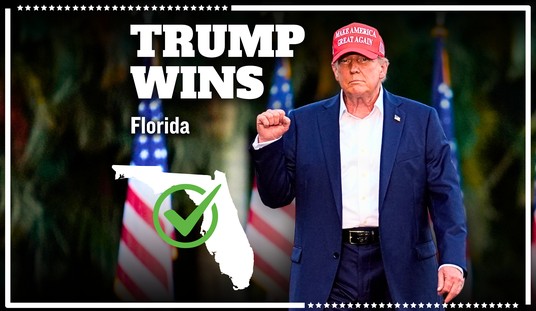


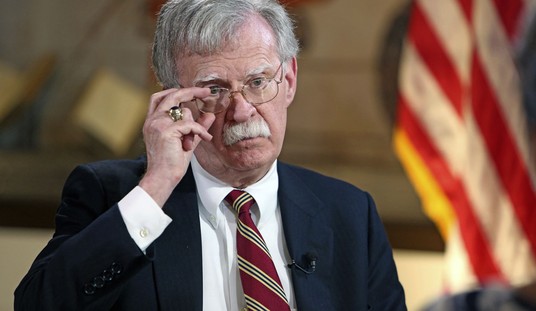
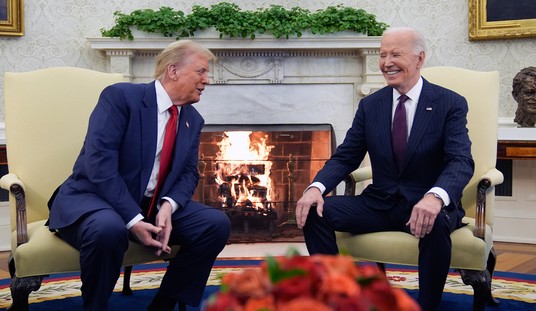


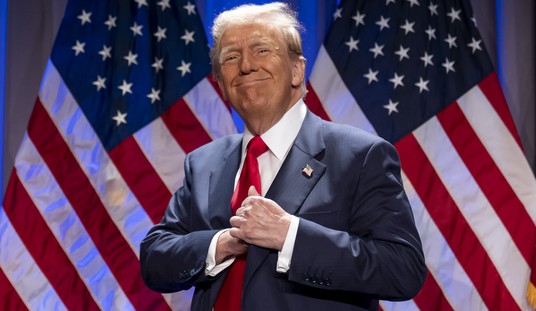


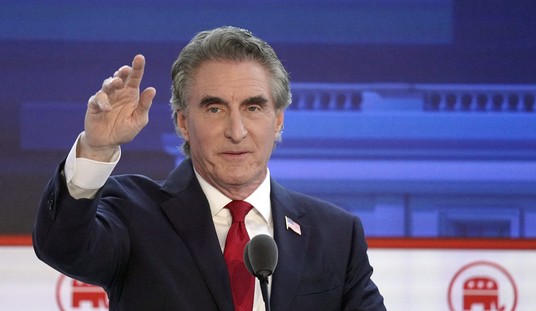

Join the conversation as a VIP Member